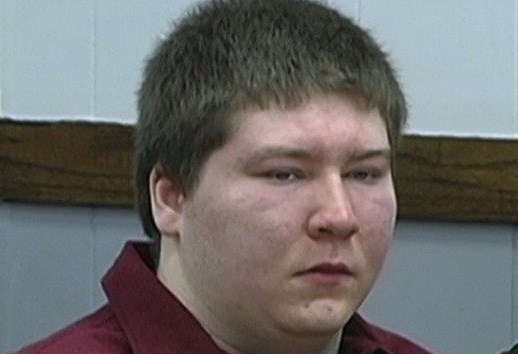
A US appeals court has upheld the conviction of Brendan Dassey, whose case was the focus of the Netflix documentary Making a Murderer.
Dassey and his uncle Steven Avery were convicted of murdering a young woman, , in 2005.
Last year, Dassey’s conviction was overturned on the basis that his confession was coerced.
But the state asked for a review and, on Friday, judges voted 4-3 that Dassey’s confession was voluntary.
The split decision from the Seventh Circuit Court of Appeals, which is based in Chicago, is a big blow for the 27-year-old’s hopes of being freed.
One of the judges, who voted that Dassey’s confession was not voluntary, told the Chicago-Sun Times: “His confession was not voluntary and his conviction should not stand. I view this as a profound miscarriage of justice.”
His confession, made when he was 16, was a key factor in his conviction. He admitted helping his uncle Avery – who had already served 18 years for a crime he did not commit – rape, kill and mutilate Ms Halbach.
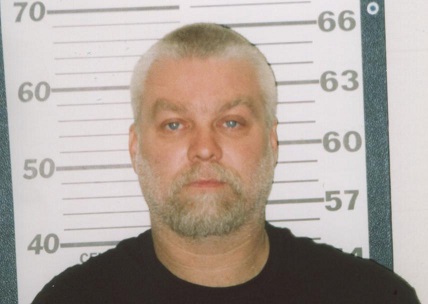
He was sentenced to life in prison, but the documentary filmmakers cast doubt on the legal process used to convict him.
In 2016, Judge William Duffin ordered he be freed immediately after finding that investigators in the 2007 trial made “repeated false promises” to Dassey by assuring him “he had nothing to worry about”.
When considered with “Dassey’s age, intellectual deficits, and the absence of a supportive adult”, he considered the confession coerced.
But the decision in Chicago on Friday has overturned Judge Duffin’s ruling. Dassey will now remain in prison pending any further appeals.
His case received wide attention after the release of the 10-part documentary Making a Murderer in December 2015.
It investigated the killing of Ms Halbach, whose charred remains were found at Avery’s car salvage yard a week after she went there to photograph a minivan for sale, and the subsequent court cases.
Source: bbc.co.uk



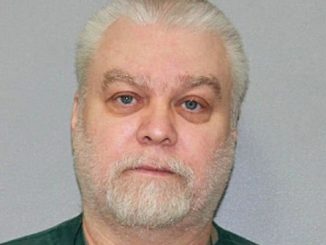
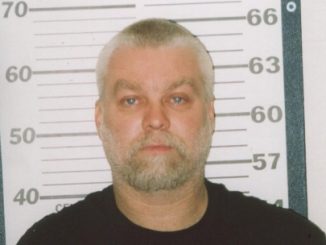
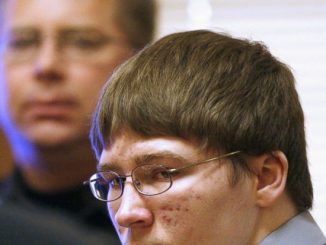
Be the first to comment